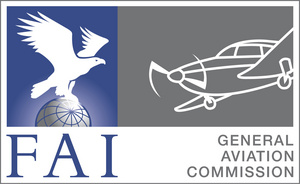RALLY FLYING – OVERVIEW
HISTORY
The concept of Rally and Precision flying started in the Scandinavian countries between the two world wars. The object was to create a set of skills that combined hunting, flying and cross country skiing.
The sport included flying to some remote location, landing in the mountains, skiing to a predetermined spot, shooting a target and then flying off to the next spot, to repeat the exercise.
In the late 1940’s more countries became interested in the concept and over a period of years a set of rules was drawn up that separated out the flying aspects only. A further evolution was to split the sport into two disciplines, Precision Flying and Rally Flying. The main difference between the two is that Precision Flying is a solo effort by a single pilot while Rally Flying is a two crew operation.
Initially the sport was dominated by the inventors, the Scandinavian countries, but later the Eastern European Countries began to dominate. World Championships are held on a regular basis with entries from all over the globe.
DESCRIPTION OF RALLY FLYING
The sport of Air Rally Flying is a two crew operation, with a pilot and navigator. The emphasis here is on accurate plotting and observation. The penalties are weighted accordingly. The navigator is given a sealed envelope approximately fifteen minutes prior to take off. The envelope contains clues for each turning point on the route. The navigator has to pin-point the turning points on the map based on these clues and in order to compute the track for the pilot to fly. This is often completed in the air. The pilot has to fly accurately along the route and the aircraft is timed at various points. There are also photographs to be found along the route. Photographs for the turning points are also supplied. These photographs may or may not be accurate, so giving you a true/false situation to contend with at each turning point.
Competitions also include a landing along the route as well as one on return.
The competitions are scored with the assistance of an approved GNSS logger and penalties are awarded for timing, misidentified photographs and landings that are short or long.
